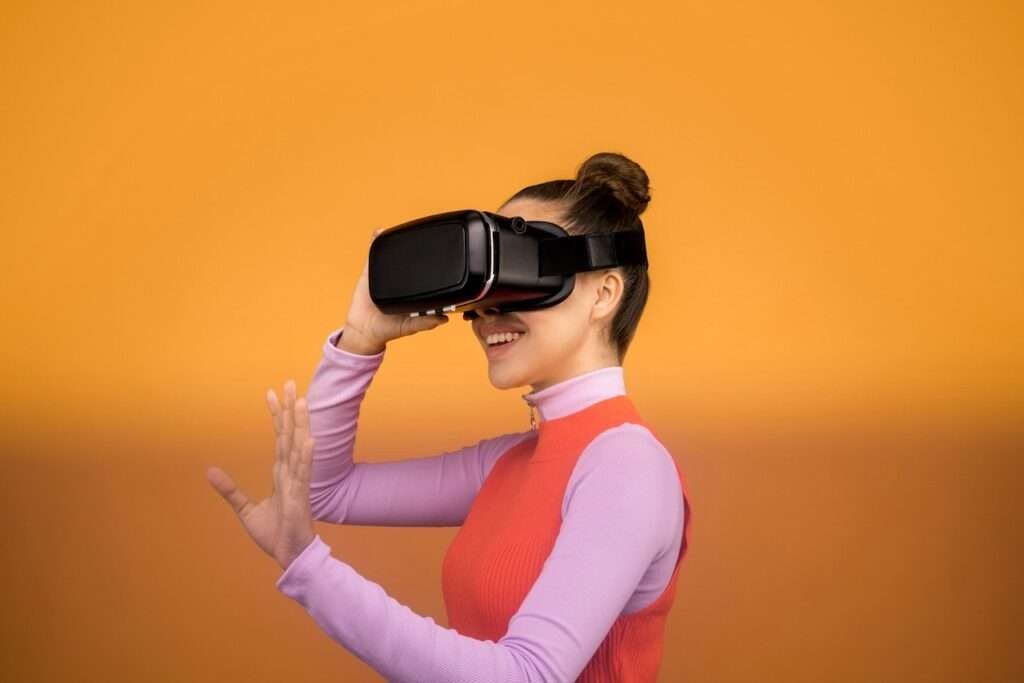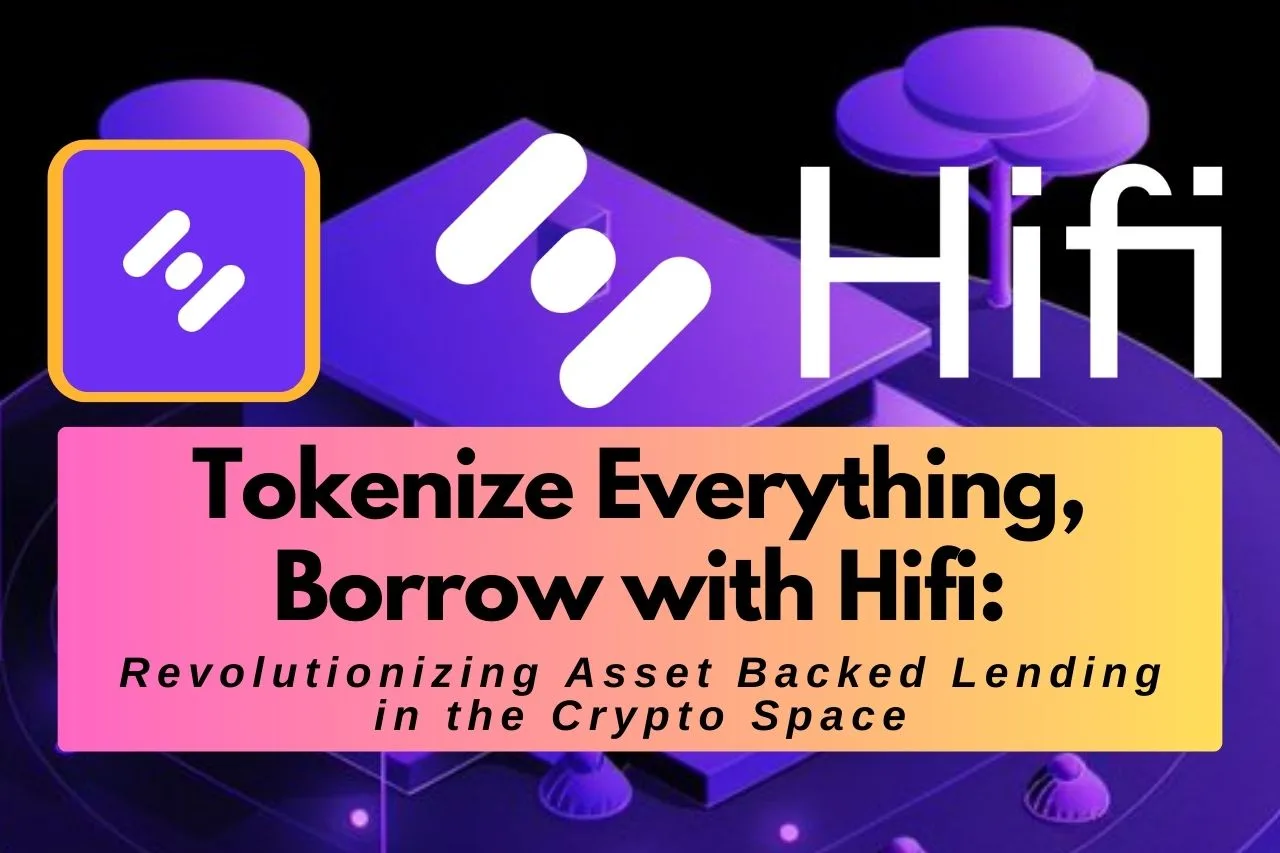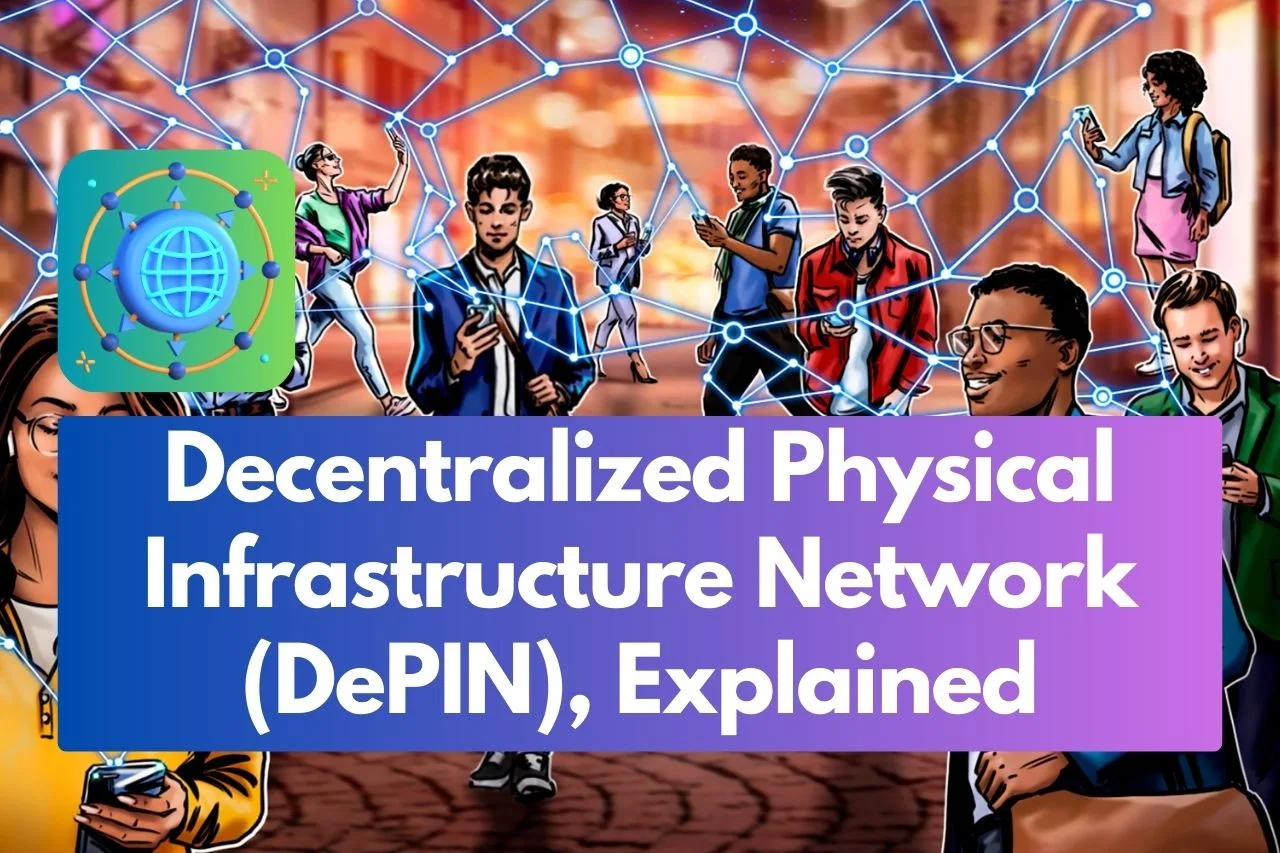
The concept of a metaverse, also known as a virtual world, has been around for decades, but it has gained renewed attention in recent years with the rise of virtual reality (VR) technology and the increasing connectivity of the internet. A metaverse is a virtual space that is shared by multiple users and can be accessed through the internet or through VR headsets. It is a place where people can interact with each other and with virtual objects and environments in real-time.
The term “metaverse” was first coined by science fiction author Neal Stephenson in his 1992 novel Snow Crash, where it was used to describe a virtual world that is accessed through a virtual reality headset. In the book, the metaverse is a fully immersive and interactive digital space where people can go to work, socialize, and even attend virtual concerts and sporting events.
Since then, the concept of a metaverse has evolved and has been embraced by both companies and individuals. Many companies, such as Facebook and Google, have developed virtual worlds or virtual reality experiences for their users. For example, Facebook has a virtual reality platform called Oculus VR, which allows users to access virtual worlds and interact with others through VR headsets. Google has a similar platform called Google VR, which allows users to explore virtual worlds and engage in various activities.
In addition to these platforms, there are also independent virtual worlds and virtual reality experiences that users can access. Some of these virtual worlds are designed for specific purposes, such as gaming or education, while others are more general and allow users to explore and interact with a wide range of virtual environments and objects.
One of the key benefits of the metaverse is that it allows people to connect and interact with each other in a virtual space, regardless of their physical location. This has the potential to revolutionize the way we work, play, and socialize, as it provides an alternative to physical gatherings and allows people to connect and collaborate in a virtual setting.
Another benefit of the metaverse is that it can provide a platform for creating and sharing content. For example, users can create and share virtual objects, environments, and even entire worlds, which can be accessed by other users. This has the potential to lead to the development of new forms of art, entertainment, and even education.
However, there are also concerns about the potential risks and drawbacks of the metaverse. For example, there are concerns about privacy, as virtual worlds and virtual reality experiences often involve the collection of personal data. There are also concerns about the potential for cyberbullying and other forms of online harassment, as well as the potential for addiction to virtual worlds.
Despite these concerns, the metaverse is an exciting and rapidly-evolving concept that has the potential to change the way we live and interact with each other. As VR technology continues to improve and the internet becomes more widespread, it is likely that the metaverse will become an increasingly important part of our lives.



